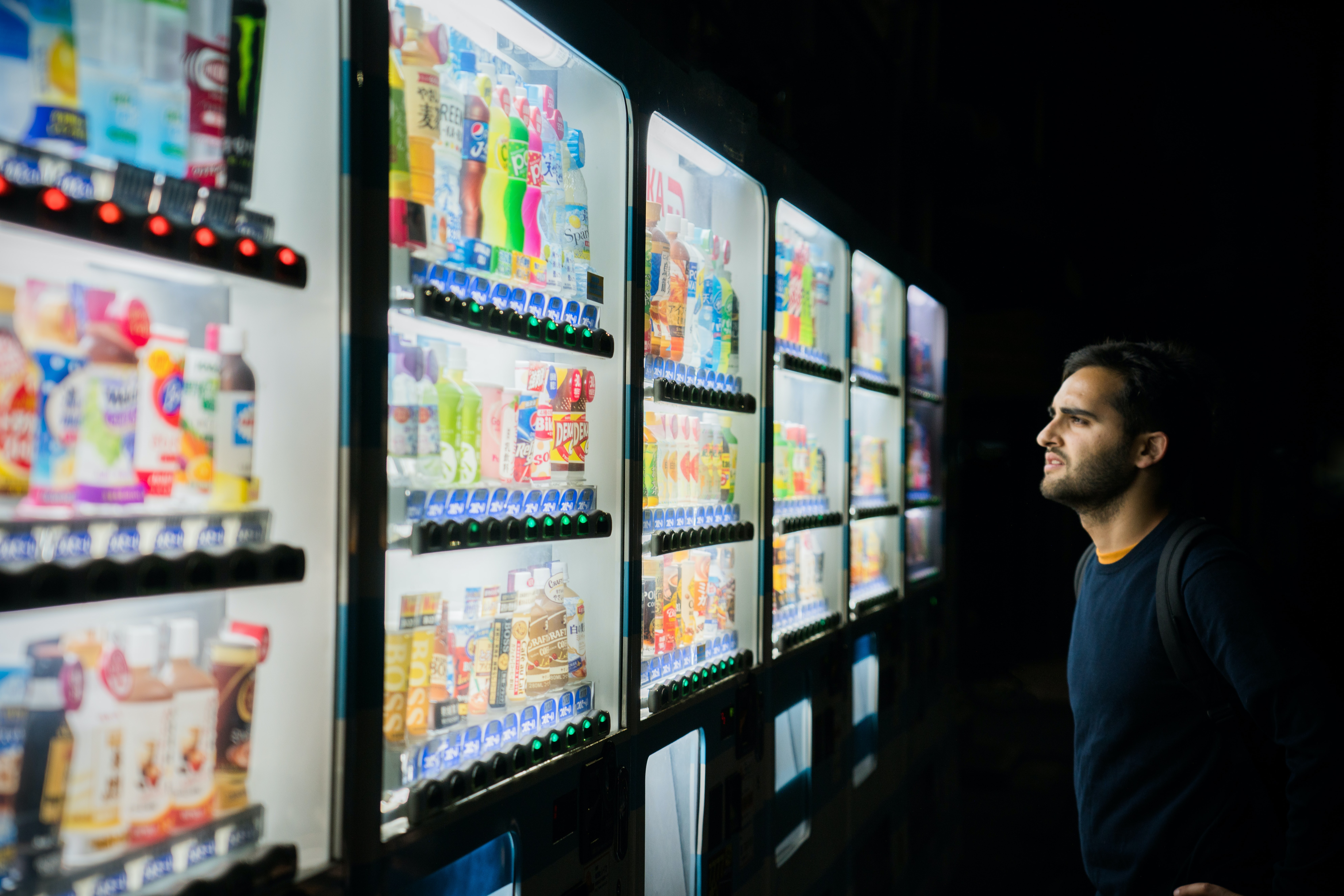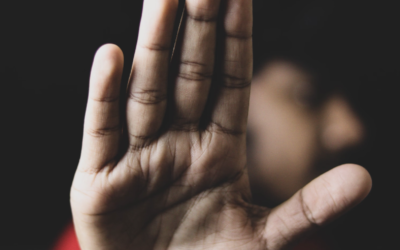Whether you are for or against inmates being able to receive stimulus checks like rest of the country, the choice was made by a judge who cited her reasons very logically and with compassion for why she believed it was justified. ”Why should an inmate receive such a windfall, they all going to waste the money!” cry out some who see only the worst in inmates. Let’s face it, most people in prison are there by their own making and the state provides what they need to exist. Yes the state provides the bare minimum of food, shelter, and healthcare, but nothing more.
Sometimes the bare minimum just isn’t enough — or even humane. When you have to make a choice between buying over the counter medication or hygiene on your $18 a month state pay, which do you choose? As there is very little in the realm of recreation provided by the state in general, many inmates often fall back into old and abusive behaviors for their own survival. Positive and entertaining diversions other than the state-sponsored schooling and programming, designed for nothing more than to give the illusion that the state actually cares about rehabilitation, are critical to the well-being of prisoners. Doing time should entail more than eating and sleeping. Having basic needs met and positive things to do to occupy the time reduces fights, theft, and use of illegal substances — which seem to flow as freely as rain from the sky.
In this article, I will attempt to show what the money is being used for behind the chain linked fence of one Ohio prison. Some of this is no surprise — but in my observations of other inmates, I was most pleasantly surprised. I would only ask you, Reader, to try to keep a open mind.
THE UGLY: Unfortunately when the first stimulus checks started to hit random inmates’ commissary accounts, the flood of drugs was as if a mad deluge of every possible type of narcotic found its way onto the compound. This fact in and of itself is rather odd as according to staff and ODRC, all drugs in prison come from relatives and friends who slip drugs to inmates during supervised visitation. The other way drugs supposedly get in is by people running up to the fence and tossing the contraband over. What makes these claims rather odd and unlikely is that when the checks started coming in, we were in the mist of the covid pandemic and visitations had stopped months before and only a small amount of inmates were allowed out on the yard at any given time and they were quarantined to a very small area and heavily supervised. On top of that, there are a number of armed staff members patrolling outside the perimeter in vehicles. Yet, somehow we were having as many as a dozen drug overdoses a day in the block of 140 men that I was in. Before the checks hit, the same block would have one to two overdoses a week.
THE BAD: Many inmates were able to pursue their chosen vices with great vigor. One inmate, we’ll call him Mr. S., was always getting high despite the fact he didn’t have a prison job at all. Having no support from his family on the outside, he would do any odd job, steal anything, and even trade sexual favors just to get high — an attempt to escape his misery and loneliness. Once Mr. S. saw the money on his commissary account, he made sure that the block drug dealers were aware of the money on his account. Suddenly he had unlimited credit and in only one month, racked up a $800 drug debt. Then Mr. S. got himself thrown into the hole and when he got out, he was moved to another block were he once again ran up a huge debt. He was eventually moved out to another camp for his own safety.
THE GOOD: Another inmate, Mr. L., was getting out of prison in just six months when the first of his stimulus checks hit. He paid off his court cost and the money he owed ODRC. Mr. L. was very frugal with the money and only spent part of his normal state pay at commissary. Upon leaving the prison Mr. L. owed no one and went to the halfway house with nearly a thousand dollars in his pocket and a plan for success. He left prison much more confident and without the burden of having to start over in debt and with only gate pay which is about $75. I’m sure he was not the only one to use the money in such a manner.
Mr. H. is one example that truly shows what an inmate with hope can do to make a difference with his money. Mr. H. was estranged from his ex-wife and children like so many of us are in prison. His solitude, like others, comes from the embarrassment that his family felt over his trial and conviction. His wife moved on after divorcing him and his children call another man father.
Mr. H. was able to have his mother to send his children, who were both in college $300 Walmart gift cards each for Christmas and the same for their birthdays with no strings attached. Mr. H., who hadn’t had any contact in over seven years with his children, expected nothing. It was just a kind gesture by a caring parent who had previously been unable to do anything for his children. He then spent some of the remaining money on getting himself a TV, a food box and such.
Six months later and out of the blue, Mr. H. received an emotional email written from his two children. They wish to be part of his life again. They explained about their anger at him over abandoning them at such an early age. They forgave him and gave their father a second chance.
Some people over-indulged in their own vices, while others used the money for a fresh beginning. And a few mended fences and made a small part of the world a better place for those they still cared for.
What did you do with your own stimulus? Did you chase a poison or did you heal a wound?
Photo by Victoriano Izquierdo on Unsplash.






0 Comments